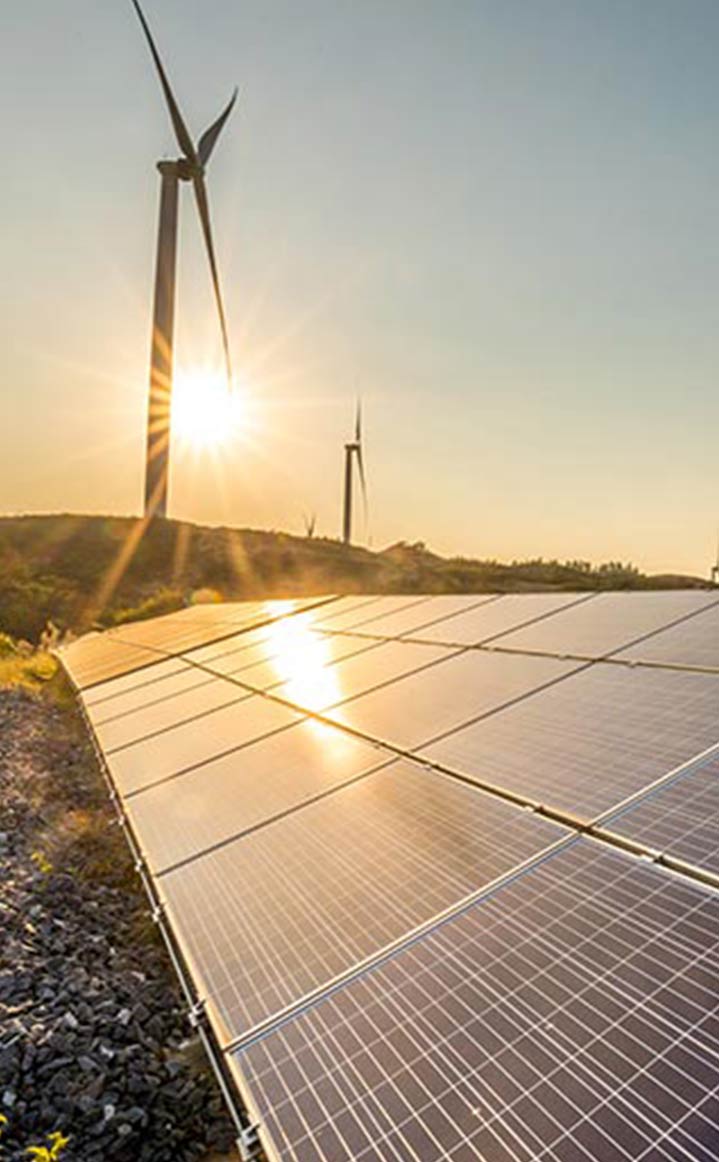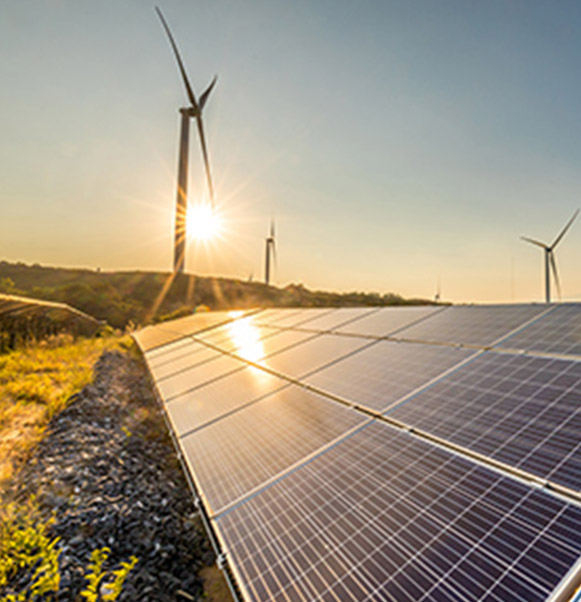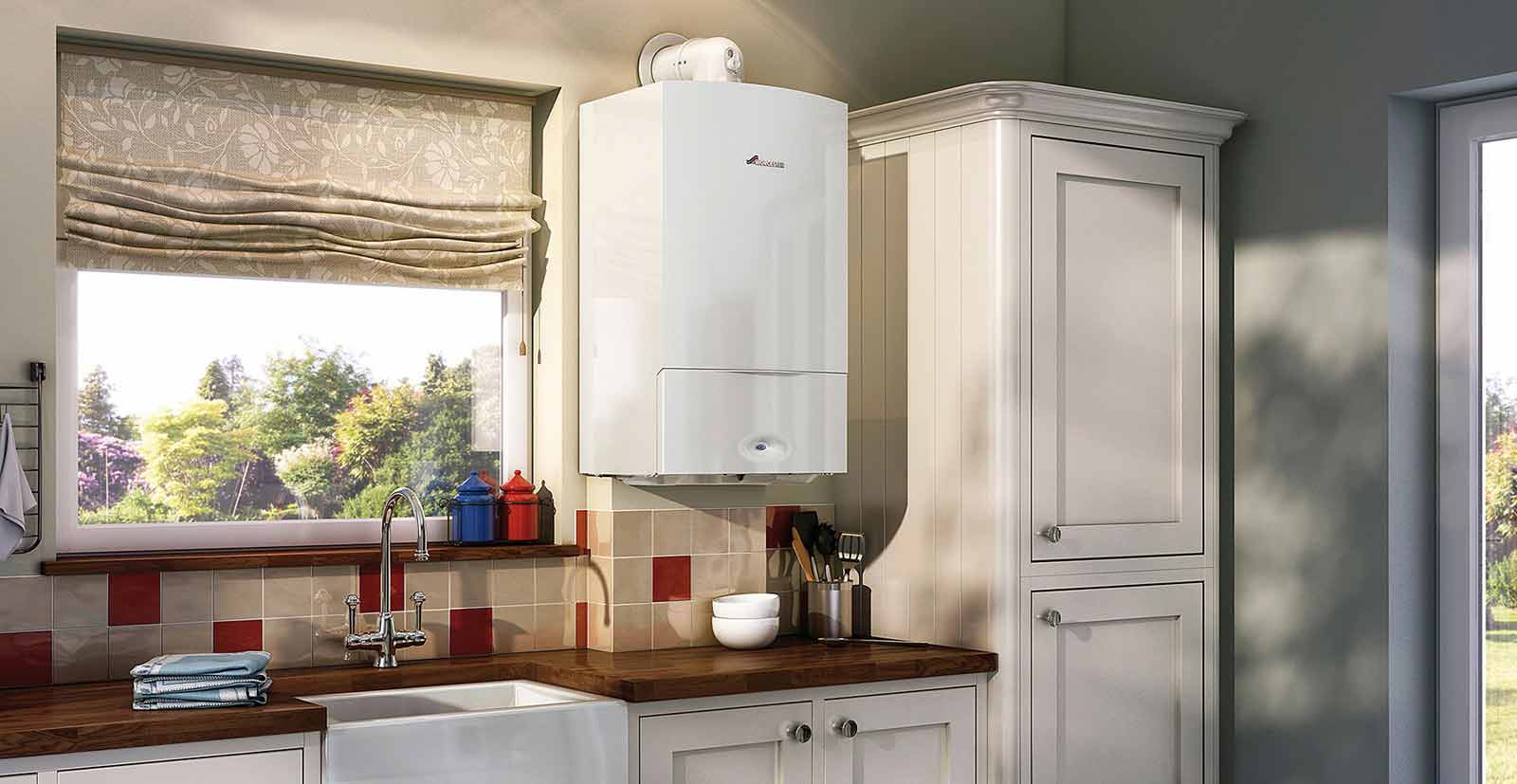

How to keep your house cool this summer


How to keep your house cool this summer
Who doesn't love a sunny morning when the sky is blue and there isn't a cloud in sight?
But with many of us continuing to be at home more, sunny hot days can soon become sticky and uncomfortable in and around the home.
Here we share tips to help you learn how to cool down a room this summer without having to rely on appliances that could increase your carbon footprint.
So you can relax whilst remaining sustainable at home.
1. Switch your appliances off
One of the first tips when thinking about how to keep your house cool is to switch off appliances you're not using. The more appliances that are on in your home, the more heat you generate indoors.
So when we say off, we mean really off, because appliances can generate heat even if they're on standby. Plus, there's a bonus: switching appliances off when not in use won't just reduce heat; it'll also save energy and reduce your utility bills.


2. Keep curtains and windows closed during the day
If you're considering how to make a room cooler, pushing back the curtains and opening the windows seems like an easy option. Unfortunately, doing that can make your home even hotter. That's because opening windows can let the hot air in, and that's the opposite of what you want.
Instead, during the hottest part of the day, draw the curtains to keep the sun out, and close the windows to keep the hot air out. Then, as it gets cooler, open windows to let in some fresh air.
If keeping windows shut isn't an option, then make sure to open doors and windows on opposite sides of the house to let the air flow through. You should still keep the sun out with closed curtains, though. And if the sun is really fierce, consider using blackout blinds or curtains to keep the worst of the heat at bay.


3. Consider wall insulation
It's well known that cavity wall insulation keeps your home warm in winter. But how does insulation keep your house cool in summer? It's simple. The same barrier that keeps heat from escaping in the colder months keeps heat from getting in during the warmer ones. So, consider wall insulation for your home to keep cool in summer, and reduce both heating AND cooling costs all year round.


4. Use a fan
When considering how to keep your house cool, a fan is another easy fix. There's just one issue: fans aren't particularly eco-friendly and can use a lot of energy. If you have no choice, here are some ways to keep your house cool with a fan.
Fan placement is important. Since hot air rises, put your fan on the floor and point it upwards to cool the rising warm air. In addition, make sure there are no large objects to interrupt the air flow. You can make it feel even cooler by having the fan blow across a container of icy water – placed safely away from any electrics of course. And you can save energy by setting a timer on your fan, so it's only on when you absolutely need it.
5. Invest in solar panels
When thinking about how to keep your house cool, consider using solar panels. Not only do they help you generate your own power, they can save you money too – up to £400 a year in fact.1 And with battery storage, you can use the power you generate in the day even when the sun goes down.


6. Keep the lights off
Incandescent light bulbs give off a lot of heat, which you'll want to avoid during the summer months. One way to cool down a room is to switch off any lights you don't need. Even better, switch to low energy light bulbs. These waste less heat, keeping your room a bit cooler, and save you money, too.
To be even more energy efficient, try monitoring your energy use, and use smart lighting and sockets to maximise efficiency. As an added benefit, you can run your lighting from your smartphone, giving you additional control over what's on and what's off.
1. These are example figures only. Solar photovoltaic savings are based on a south-facing property in central England with a 40-degree roof tilt and no shading, with electricity consumption of 4,900 kWh. Saving assumes fitting 14 x 305W panels and a 9.0 kWh battery and an electricity cost of 15p/kWh.


Our blog
Read our latest blogs to discover how E.ON is leading the energy transition through smart and sustainable solutions.


Sustainable homes
Find out the many ways in which you can create a more sustainable home and reduce your carbon footprint.


The advantages of renewable energy sources
Discover a list of advantages of renewable energy, types of renewable energy sources and how we’re working towards a sustainable future.


Central heating system
A complete central heating installation for total ease, reliability and comfort.
